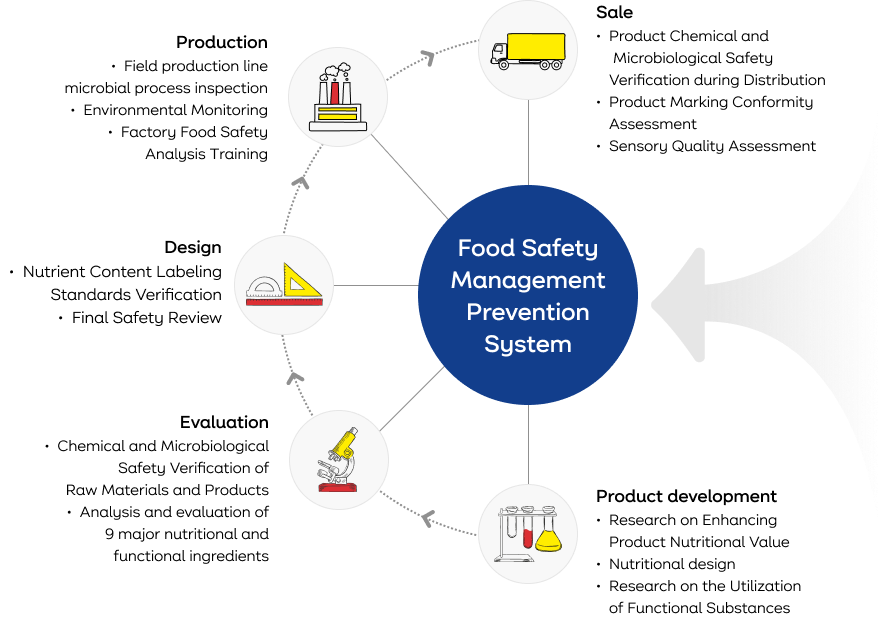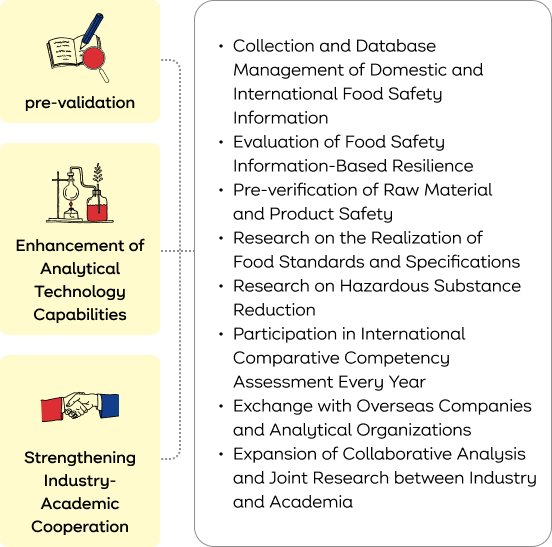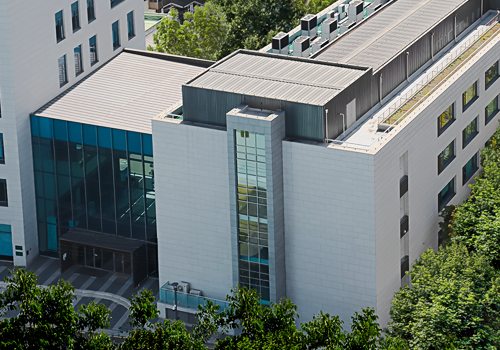ABOUT US
The forefront leader in food culture.
by providing safer and healthier products for customers to enjoy.
the global leader in food safety.
-
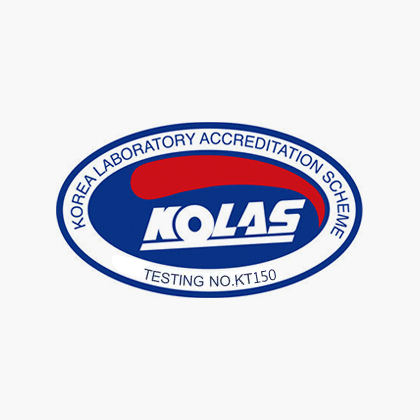
The Ottogi Food Safety Science Institute is internationally accredited as a KOLAS testing institution, equipped with the highest level of analytical capabilities in the industry.
-
We possess cutting-edge analytical equipment, including LC MS/MS, GC MS/MS, microplastic analysis equipment, precision isotope analyzers, etc. Furthermore, as an industry pioneer, we have established a globally advanced laboratory digital system (LIMS, SDMS, etc.).
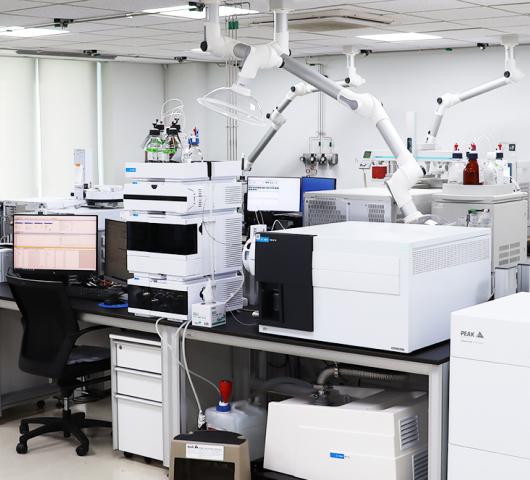
-

Since 2009, for 15 consecutive years, we have received outstanding evaluations in the 'International Food Analysis Proficiency Testing Program (FAPAS, LGC AXIO),' acknowledging our global-level food analysis technical capabilities.
FAPAS (Food Analysis Performance Assessment Scheme) is an international proficiency testing program organized by the Food and Environment Research Agency (FERA) in the United Kingdom. LGC (The Laboratory of the Government Chemist) is an internationally renowned proficiency testing operating organization and the United Kingdom's first and oldest proficiency testing operating institution.
Mission & Vision
The 5 principles of food safety
"For the improvement of human diet from farm to table"
Food Safety
Research Activities
We are carrying out various activities responsible for food safety to provide better and healthier food, such as preventing food safety-related accidents in advance, continuously researching food analysis technology, and establishing a sustainable research environment.
Major tasks
-
- Food Safety Protection
in Advance - Safety verification of hazardous substances
- Verification of conformity to new raw materials and new product standards
- Food safety information collection
- Operate food safety management system
- Food Safety Protection
-
- Strengthening Food Analysis Technology Research
- Establishment of a new and improved food analysis method
- Research on the reduction of hazardous substances
- Process safety optimization research
- Research on improving the nutritional value of products
- Securing credibility through participation in international comparative proficiency Testing Program
-
- Sustainable
Research Environment - Internationally accredited KOLAS testing laboratory
- Introduction of advanced analysis equipment
- Digitization of the laboratory with digital tools
- Establishment of a Laboratory Strengthened for Health and Safety
- Sustainable
-
- Support for
Quality Assurance - Support for food safety analysis technology
- Operate as a win-win cooperation academy in food safety
- Environmental Monitoring in Production Sites
- Microbial Process Inspection in Production Lines
- Support for
Key Analysis Items
-
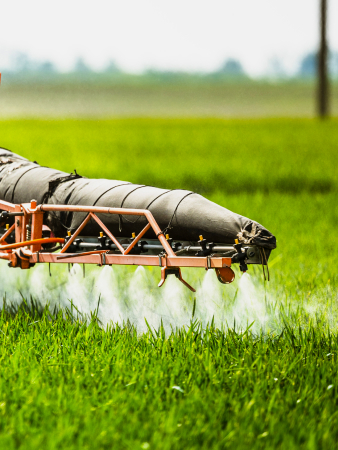
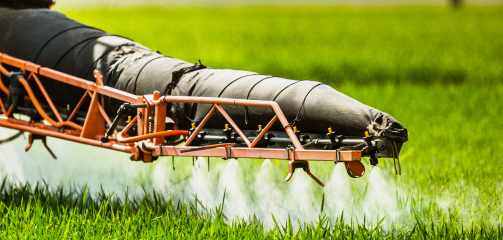
- Residual Pollutants
- Pesticides
- Veterinary Drugs, etc
-


- Environmental pollutants
- Heavy metals
- Radioactivity
- Environmental hormones
- (Phthalates, Bisphenols)
- Microplastics, etc
-


- Food additives
- Preservatives
- Colors additives
- Artificial sweeteners
- Antioxidants, etc
-
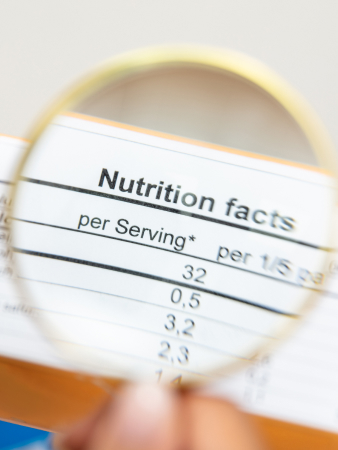
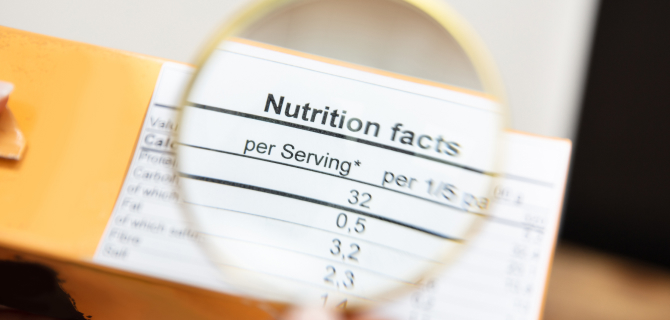
- Food ingredients
- Nutritional ingredients
- Minerals
- Vitamins
- Functional ingredients
- Volatile flavor compounds, etc
-


- Food Fraud
- Distinguish the mixing of different raw materials
- Analyze indicator material, etc
-
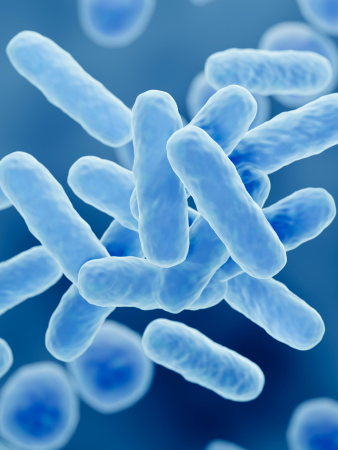
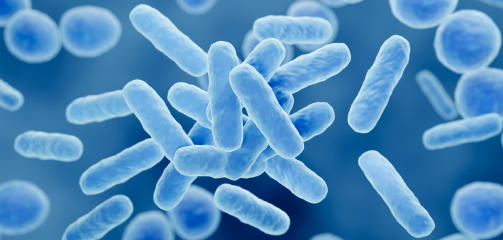
- Microorganism
- General bacteria (total aerobic bacteria, E. coli, etc.)
- Pathogenic microorganism (Salmonella, Listeria, etc)
-
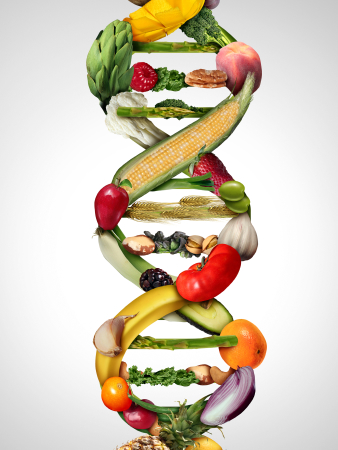
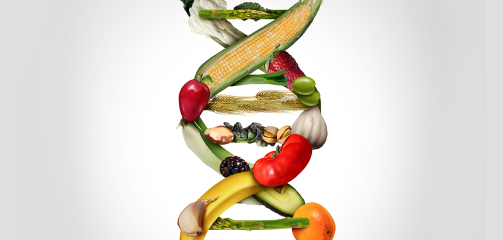
- Genetic and Molecular biological analysis
- GMO
- Virus
- Allergy
- Identification of Rice and brown rice Variety, etc
-


- Unintentional hazardous substances
- Toxins(Mycotoxins, Shellfish toxins, etc)
- Hazardous substances derived from fatty acids(GEs, 3-MCPDE)
- Benzo[a]pyrene, etc
Certificate
-
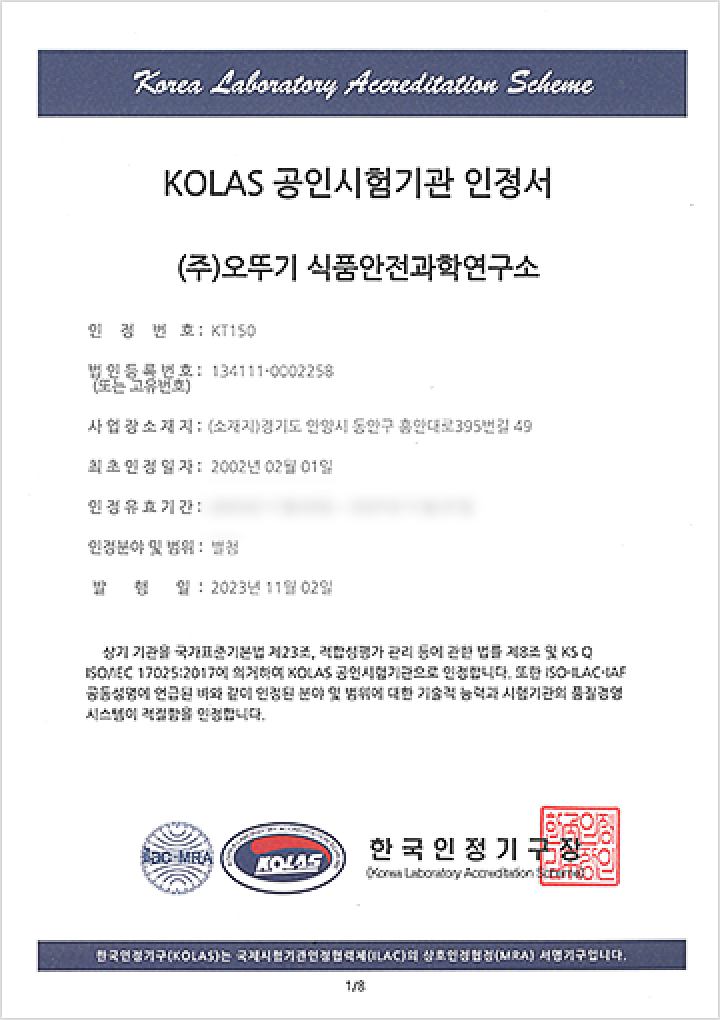
KOLAS (ISO/IEC 17025) Internationally recognized testing laboratory
-
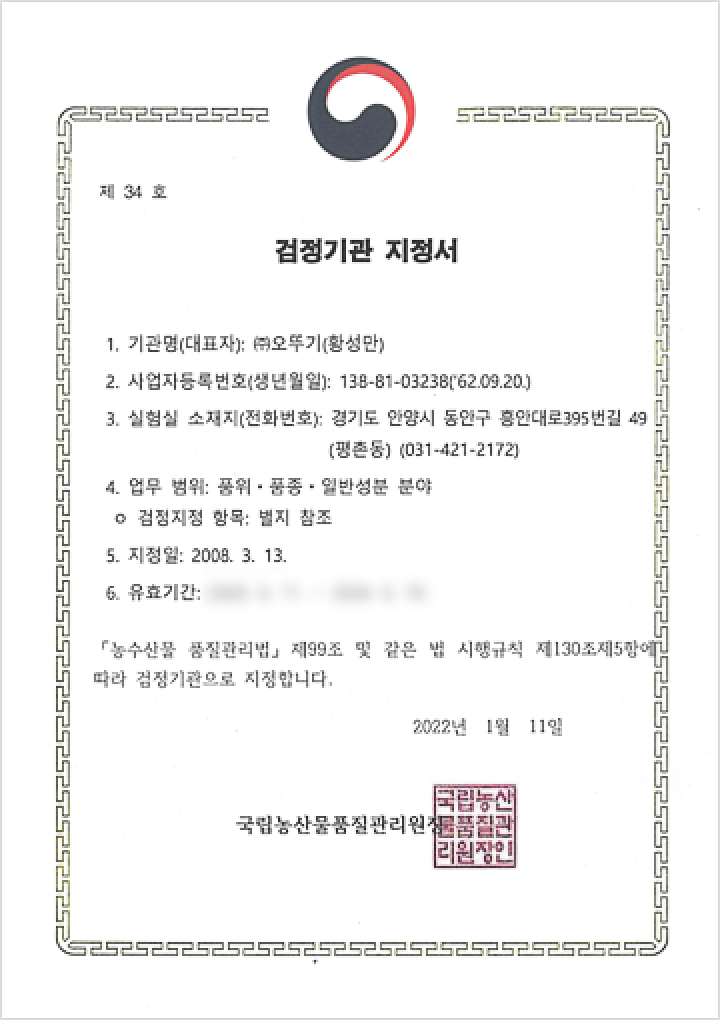
Rice and Brown Rice Variety
Certification Body -
![[문서번호: tkbh-YAL-gody-gaU 제 2023111007호 [글2023년 03월 02일] 기업부설연구소 인정서 1. 연구소명: (주)오뚜기 식품안전과학연구소 [소속기업명: (주)오뚜기] 2. 소재지: 경기도 안양시 동안구 흥안대로395번길 39 1동 2,3,4층 (평촌동) 3. 신고 연월일: 2023년 02월 21일 과학기술정보통신부 「기초연구진흥 및 기술개발지원에 관한 법률」 제14조의 2제1항 및 같은 법 시행령 제27조제1항에 따라 위와 같이 기업부설연구소로 인정합니다. 2023년 2월 28일 koita 한국산업기술진흥협회장](../images/about/verify_status_img3.png)
Company-affiliated research
institute certificate
Advancement of food
safety management
system
By establishing the Ottogi Food Safety Management Prevention System, we are conducting continuous and thorough safety monitoring assessments. In addition, there are verifications throughout the entire process, from raw material selection to product development, production, distribution, and sales.
-
Collection of Food Safety Information Domestically and Internationally and Utilization of a Database to Date. (EU RASFF, FDA, MFDS, Japanese MHLW, etc.) (as of August 2023)
112482Cases -
Quality and safety verification in 2022 (Category: Chemistry, Microbiology, Molecular Biology)
22812Cases
Food Safety Management Prevention System

